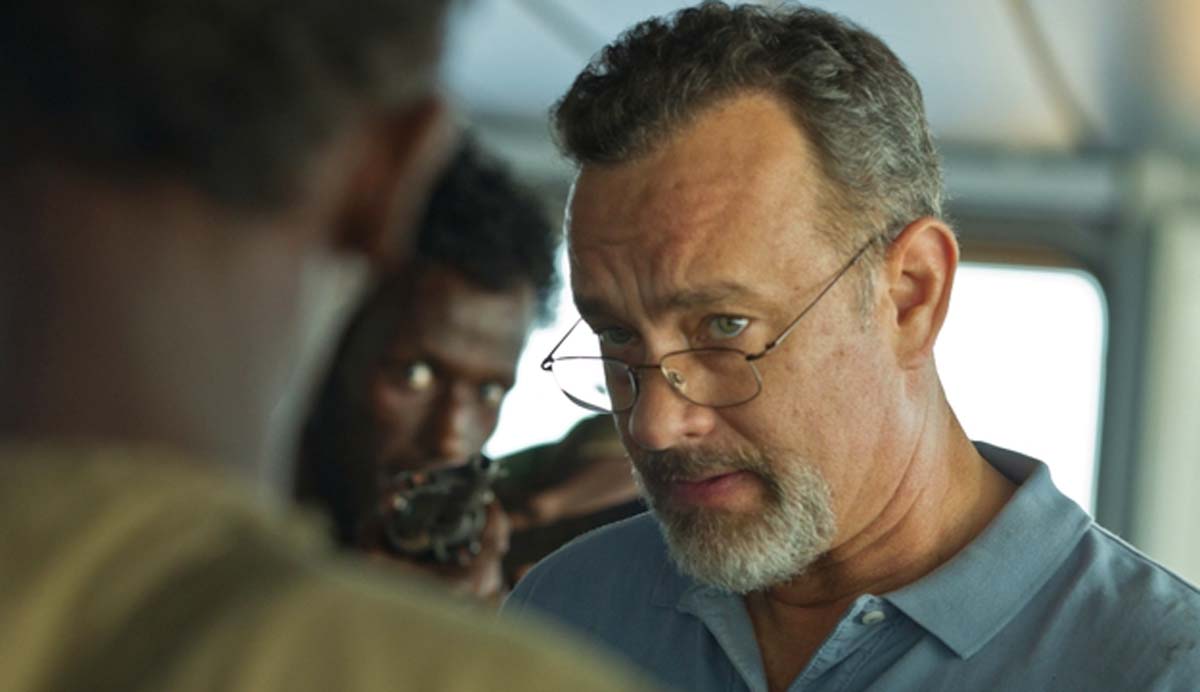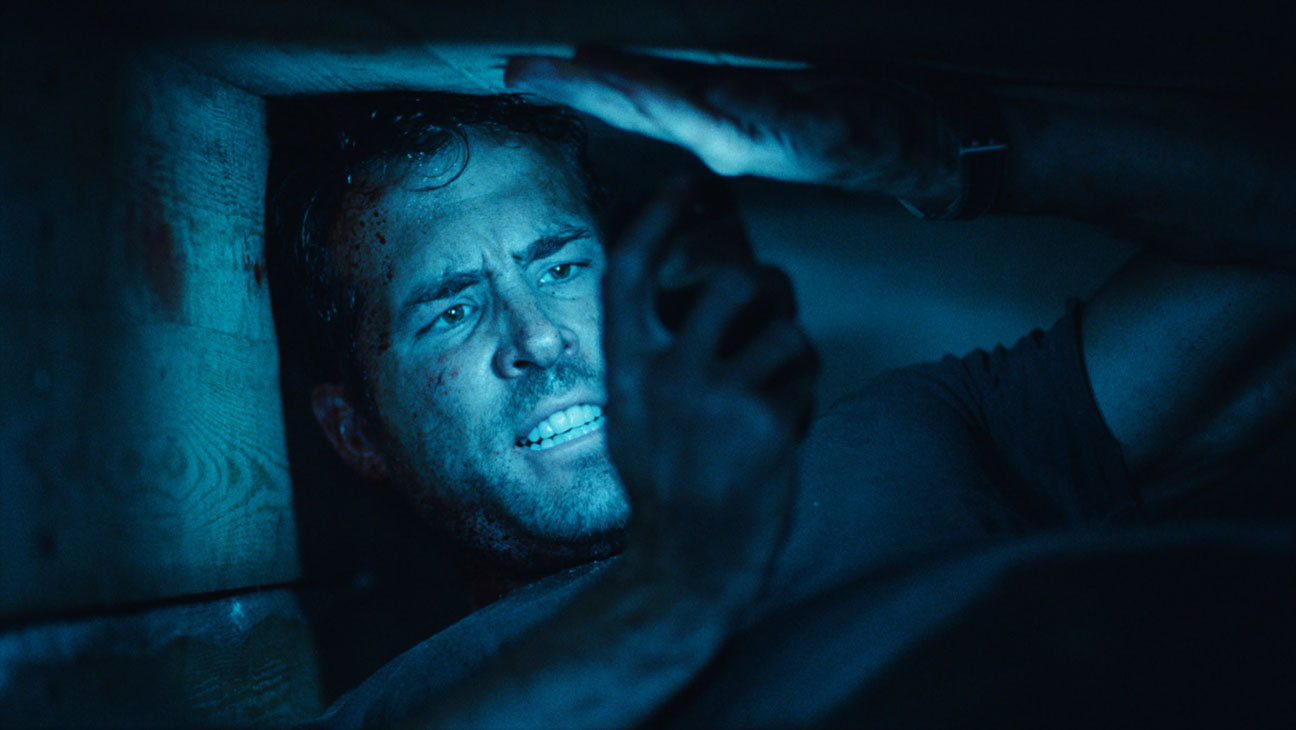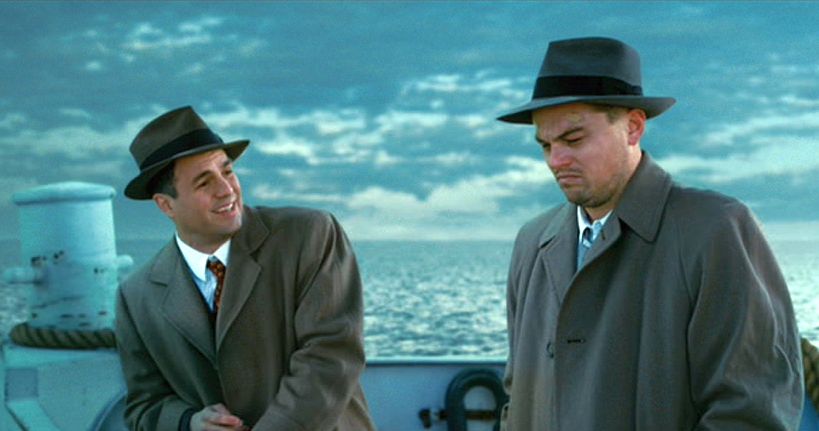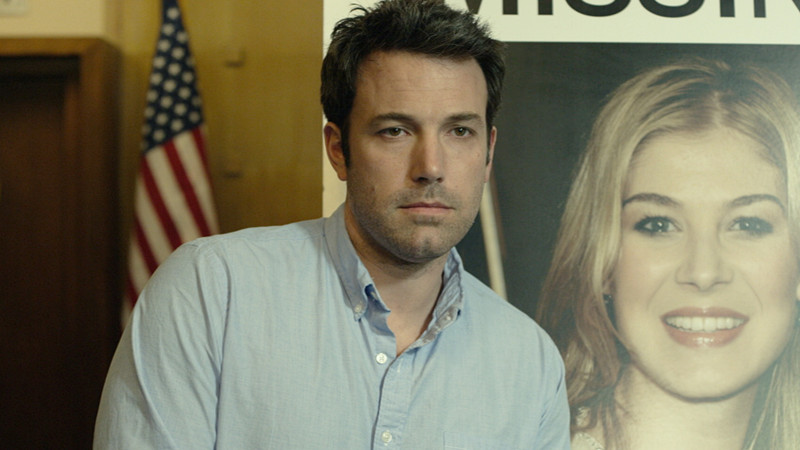
As far as film genres go, the thriller is one of the easiest to define. It does what it says on the tin – it thrills the audience. Thriller movies are pitched somewhere between action movies and horror movies. They’re exciting, they make your heart race – they can even be quite grisly and shocking. Thriller filmmakers like Paul Greengrass will stop at nothing to keep you on the edge of your seat.
Thanks to groundbreaking work in the field of Steadicam technology and digital editing, thrillers have become more intense than ever in the years since the turn of the century. There are quicker cuts and more visceral camerawork and thrillers have, on the whole, become a lot more thrilling. But that has also meant that the audience’s expectations have gotten a lot more demanding, so filmmakers have to go the extra mile to make their movies stand out among the crowd.
As the geopolitical climate has gotten more tense and terrifying, more and more thrillers are drawing on real-life events and conflicts. The past few years have given us dark and devilishly complex thrillers about everything from Somalian pirates to U.S./Mexico border relations. These are the ten greatest thrillers of the 21st century so far.
10. Insomnia

This psychological thriller is easily the most underrated film by Christopher Nolan. Film buffs tend to focus on his post-The Dark Knight career with the exception of Memento, so this remake of the Norwegian film of the same name has gotten lost in the fray. It’s a gorgeous work of cinema about a murder investigation in a small Alaskan fishing town. The visuals are ice-cold – Nolan and his cinematographer Wally Pfister make beautifully effective use of foggy locations and the color blue.
Robin Williams’ performances are usually warm and lively and fun, but he does a fantastic job here of delivering a more nuanced and reserved turn as the dark and disturbed Walter Finch. Having an actor who is as comedic and lovable as Williams in the role helped to bring out the quietly haunting qualities of Finch’s character, which anchors the whole film.
This movie doesn’t feel like a remake. Nolan didn’t imitate the original film with his own – instead, he took the raw materials that made that movie great and used them to create something that feels entirely fresh and new. Nolan reinterpreted and reimagined the Norwegian film. He doesn’t Hollywoodize it – he Nolanizes it.
9. Buried

Ryan Reynolds’ fourth wall-breaking character Deadpool once joked about how actors become stars based on their looks by saying, “You think Ryan Reynolds got this far on his superior acting method?” But as shown in Buried, Reynolds is capable of delivering compelling and pulsating performances.
This movie is set entirely in a coffin in which Reynolds has been buried alive, so it is up to his acting to carry the whole movie. There’s nothing visually interesting about the inside of a wooden box – quite the opposite, actually – so if the audience is going to engage with a movie like this, it’s all resting on the lead actor. In this capacity, Reynolds proves himself to be a brilliantly talented performer.
One might suspect going in that a movie set entirely in a coffin might get boring, but Chris Sparling’s captivating script doesn’t allow that to happen as it keeps the tense situations coming. Plus, Spanish director Rodrigo Cortés uses inventive camera angles and haunting lighting effects to make a Hitchcockian cinematic experience.
8. Taken

The little French thriller that Liam Neeson expected to get a straight-to-DVD release ended up completely reinventing and revitalizing his career. All of a sudden, he was an action hero. Every moviegoer wanted to see a gun in this guy’s hand.
Neeson sells his character Bryan Mills, both as a father who is desperately searching for his sex-trafficked daughter and as a CIA agent with ludicrous intelligence capabilities. It is a movie that blows the CIA’s abilities out of proportion (if the CIA was really as capable as it is shown to be in Taken, then it wouldn’t have taken ten years to find Osama bin Laden), but that’s not what it’s about.
This isn’t Bourne. It’s not about intelligence. It’s about the lengths that a parent will go to in order to protect their children and that’s what hooks the viewer in and also what resonated with such a huge audience.
Taken is not the smartest movie out there, but it is an intense and well-crafted thriller. After the first act has set up the characters and their relationships, as soon as Kim has been taken and Bryan is over in Paris looking for her, the movie really puts the pedal to the metal and ratchets up the intensity. The action and the suspense don’t let up until the climax. It’s gritty and violent and gnarly – and you’re guaranteed to spend the entire running time on the edge of your seat, which is really all we can ask of a thriller.
7. Shutter Island

Based on the Dennis Lehane novel of the same name, this is the closest that Martin Scorsese has come in his half-century-spanning career to making an all-out horror movie. Scorsese brings some serious cinematic gravitas to what could have been a generic psychological thriller.
This tale of a U.S. Marshal who travels to a misty remote island to investigate the disappearance of a patient from a mental asylum is a perplexing one. Little by little, we start to put the pieces together, not about the case, but about the Marshal’s mental state – and that is the key to figuring out the twist before it hits. Still, no one is able to see that twist coming. It comes totally out of the left field and seems as insane as half the characters in the movie, but it works.
Leonardo DiCaprio sells the confusion of Teddy Daniels so well that as he gets deeper and deeper into the case, closer and closer to the truth, we go with him. He’s supposed to be the one guiding us through this story – the one we can relate to – which is why it’s such a shock that he’s been the bad guy this whole time, taking part in an experiment led by the hospital.
The ambiguous ending is highly effective. As DiCaprio asks Mark Ruffalo, “Which would be worse: to live as a monster, or to die as a good man?” we are left to draw our own conclusions. Was he truly cured and still choosing to be lobotomized to forget his wrongdoings or was he simply insane the whole time? Either way, as the credits roll, you won’t be forgetting this movie for a long time.
6. Gone Girl

Gone Girl is David Fincher’s film adaptation of one of the bestselling novels of the 21st century, which tells the story of a man who finds himself at the center of a media frenzy when his wife goes missing. Fincher cast Ben Affleck in the lead role of Nick Dunne, because he knows what it’s like to have the media prying in on your relationship, so he could bring real emotions into his performance to make it more layered and genuine.
Oftentimes when a complex novel is adapted into a film, a lot of minor plotlines are dropped and the story is stripped back. In this case, the original novel’s author Gillian Flynn was brought in to adapt her own book into a screenplay.
Flynn understands her story better than anyone, and since she wrote it, she’s very precious about the source material. Sometimes this doesn’t work out, since the author can’t see the wood for the trees, but in Gone Girl, it works. What we see in the movie is what the reader sees in their head when they read the book, which is exactly what a story like this needs in its translation to the screen.
Rosamund Pike’s devilishly deceitful performance manages to keep Amy Dunne as compelling and enigmatic on screen as she was on the page. Like Fincher’s Fight Club, Gone Girl connected with an audience because it reflects an unsettling, yet very real corner of the human psyche.
Some of the more overly condensed scenes make the plot difficult to follow for viewers who haven’t read the book, but with all of Fincher’s typical influences on display, ranging from film noirs to German expressionism, this is darkly mysterious thriller of the highest order.